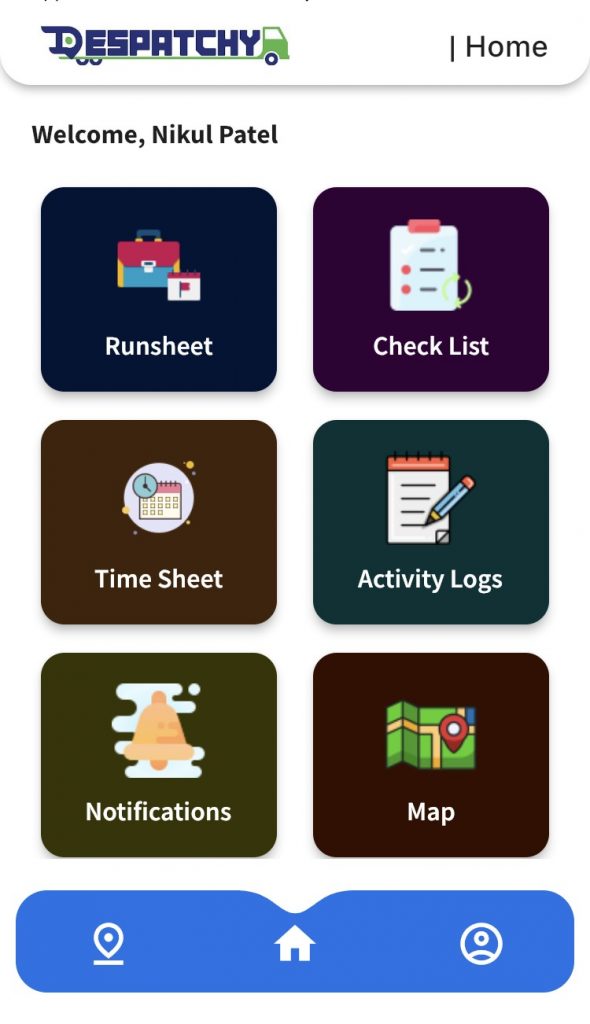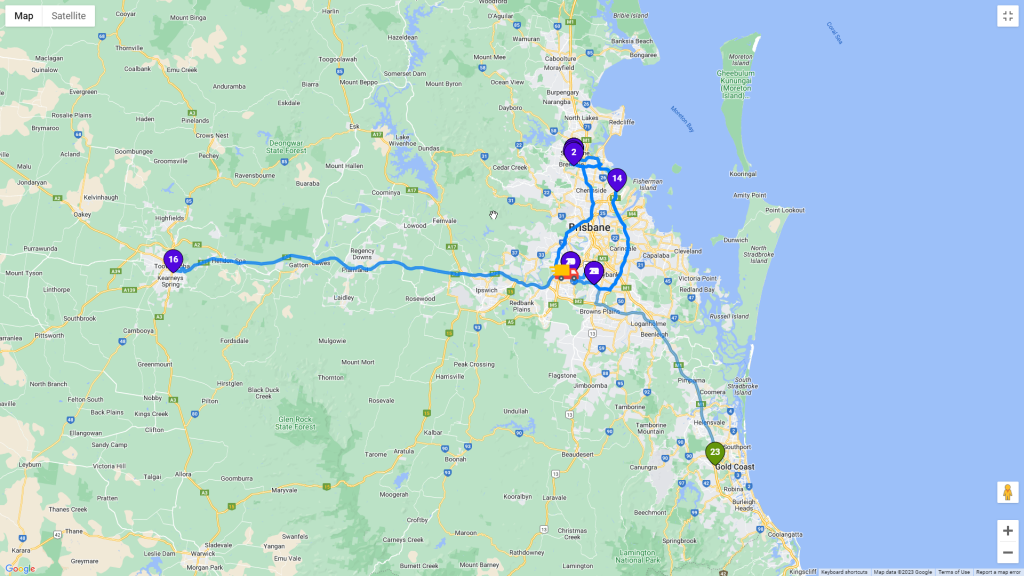I. Introduction
Definition of logistics management
Logistics management is a crucial aspect of any business that deals with the transportation and delivery of goods. In today’s fast-paced world, it is more important than ever to ensure the timely and efficient delivery of goods to customers. The logistics industry faces several challenges such as rising fuel costs, increased competition, and the need for more efficient delivery methods.
Importance of transportation and delivery in today’s world
However, with the advancements in mobile technology, the logistics industry is experiencing a revolution. By incorporating mobile solutions, companies can overcome these challenges and improve their delivery operations. In this article, we will explore the benefits of going mobile in logistics management and how to implement this technology effectively.
II. Benefits of Going Mobile
Increased delivery efficiency
One of the key benefits of incorporating mobile technology into logistics management is increased delivery efficiency. By using GPS tracking, companies can monitor their vehicles in real-time and adjust their delivery routes accordingly. This helps to save time and reduces fuel costs, resulting in more efficient deliveries.
Real-time tracking of shipments
Another benefit is real-time tracking of shipments. Customers can track their deliveries through a mobile app, providing them with updated information on the expected delivery time. This helps to improve customer satisfaction and reduces the number of inquiries to customer service.
Improved fleet management

Improved fleet management is another advantage of going mobile. Companies can use mobile apps to manage their fleet, including dispatch, delivery, and maintenance. This helps to streamline operations and improve the overall efficiency of the fleet.
Enhanced communication and collaboration
Enhanced communication and collaboration are also a benefit of mobile technology in logistics management. With instant access to information and updates, companies can ensure that all stakeholders involved in the supply chain are on the same page and working together effectively. This can result in reduced errors, improved decision-making, and increased productivity.
III. Implementing Mobile Technology in Logistics Management
GPS tracking and monitoring of vehicles

To successfully incorporate mobile technology in logistics management, companies need to follow a few key steps. First and foremost, GPS tracking and monitoring of vehicles is crucial. By installing GPS devices in vehicles, companies can monitor their movements in real time and optimize their delivery routes.
Use of mobile apps for efficient dispatch and delivery management
Mobile apps can also play a significant role in efficient dispatch and delivery management. These apps can provide real-time updates on delivery status, fleet movements, and more. By having all this information at their fingertips, companies can make informed decisions and respond quickly to any issues that may arise.
Optimization of last-mile delivery
Optimizing last-mile delivery is another important aspect of mobile logistics management. This can be achieved through the use of delivery drones, autonomous vehicles, and other innovative technologies. By streamlining the last-mile delivery process, companies can improve the overall delivery experience for customers.
Digitalization of logistics processes
Finally, digitalization of logistics processes is essential. By using digital tools and platforms, companies can automate many manual processes, reducing the risk of errors and improving efficiency. This also helps to provide real-time visibility into the supply chain, enabling companies to make data-driven decisions and improve overall performance.
IV. Key Considerations for a Successful Mobile Logistics Strategy
- Integration with existing systems and processes
- Adoption by all stakeholders involved in the supply chain
- Data security and privacy concerns
- Ensuring compatibility with various mobile platforms and devices
While going mobile in logistics management offers many benefits, there are also a few key considerations to keep in mind. One of the most important is integration with existing systems and processes. Companies need to ensure that their new mobile technology integrates seamlessly with their existing systems and does not disrupt their operations.
Adoption by all stakeholders involved in the supply chain is also crucial. Companies need to educate their employees, customers, and partners on the benefits of going mobile and ensure that everyone is on board.
Data security and privacy are also major concerns for companies implementing mobile technology. Companies need to ensure that their data is protected and secure and that they comply with all relevant regulations and laws.
Finally, ensuring compatibility with various mobile platforms and devices is essential. Companies need to choose a solution that is compatible with the devices their employees and customers are using, to ensure a seamless and user-friendly experience.
V. Conclusion
- Recap of key points covered in the article
- Emphasis on the bright future of mobile technology in logistics management
- Call to action for logistics companies to embrace the benefits of going mobile
In conclusion, mobile technology is revolutionizing the logistics industry, offering numerous benefits such as increased delivery efficiency, real-time tracking, improved fleet management, and enhanced communication and collaboration. By following the key steps and considerations outlined in this article, companies can successfully implement a mobile logistics strategy and stay ahead in the game. So, embrace the future of logistics management and go mobile today!
